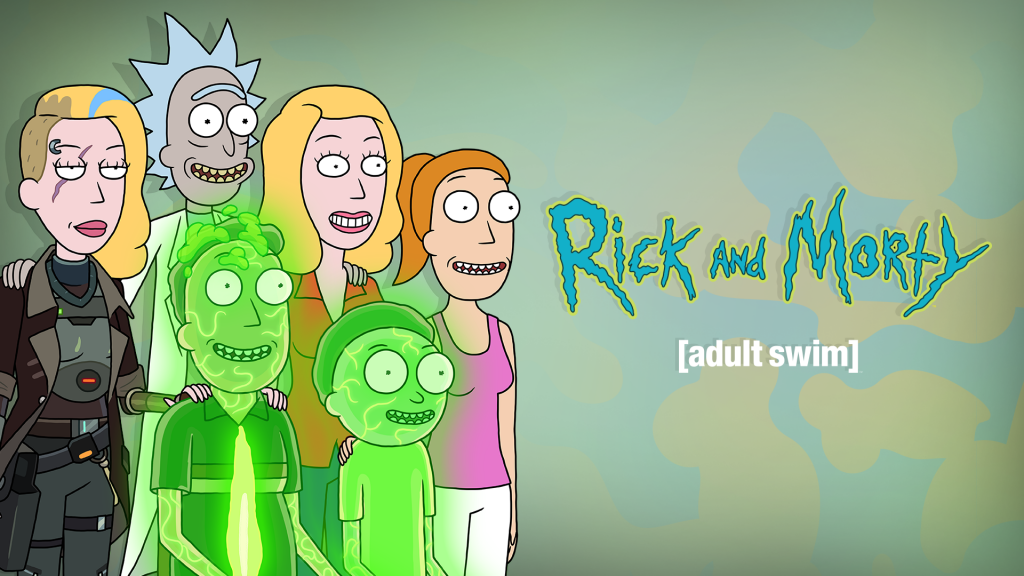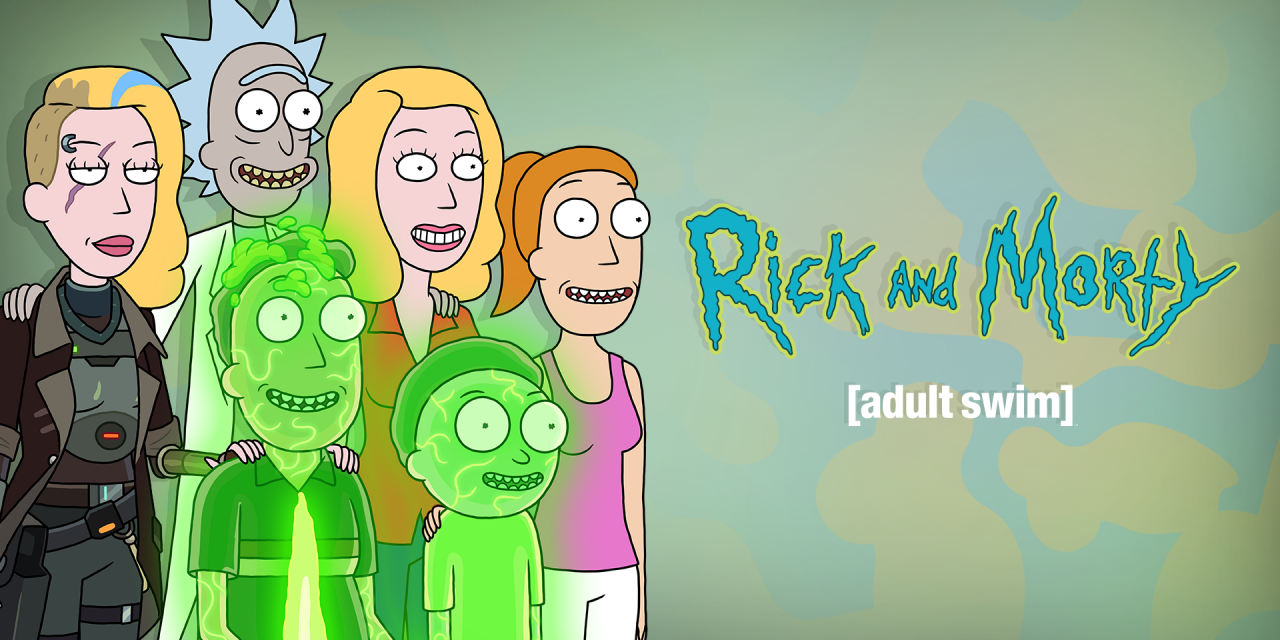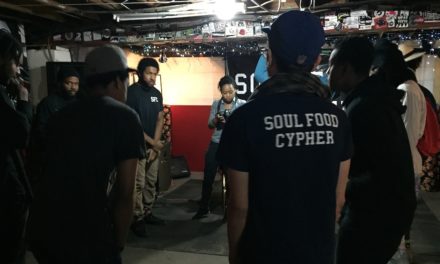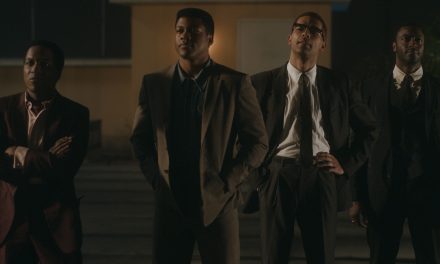I sincerely love “Rick and Morty.”
The show has been dismissed as crass, overly edgy and schlocky, which is all partially true. However, it always captivated me with its synthesis of wacky sci-fi concepts, character depth and an episodic structure still containing story continuities spanning the entire series.
Starting with season four, I followed the season releases closely. Nearly one year after season five finished airing, season six premiered Sept. 4 on Adult Swim. After episode six “JuRicksic Mort” aired on Oct. 9, the series announced it would be taking a hiatus until late November.
This season follows futuristic adventures characteristic of the series, but with a twist: Rick (Justin Roiland) is unable to use his portal gun, meaning there is no interdimensional travel. While season six has already delivered on great animation, original episode premises and an interesting new plotline, other aspects have been hit-or-miss, and some are threatening to make the show unwatchable.
The animation quality of “Rick and Morty” improves with every season. This season especially featured moments of striking visual style in episode four “Night Family,” in which the somnambulant versions of the main cast are drawn as silhouettes with bright, glowing eyes. There are also a number of visually-packed and hilarious action scenes, from Beth (Sarah Chalke), Space Beth (Sarah Chalke) and Summer’s (Spencer Grammer) fight against a space worm in episode one “Solaricks” to episode four’s inventive action, to the absurd, explosive final fight in episode five, “Final DeSmithination.”
Aside from the excellent visuals, there have been many great episode premises, and though the execution varied in quality, episodes three, four and five stand out as spectacular. Episode three, “Bethic Twinstinct,” portrayed a surprisingly tender romance between Beth Smith and her clone, all while raising genuinely thought-provoking questions about the nature of love and selfhood. In episodes four and five, I adored the involvement of wacky gadgets and technology, seen in the “somnabulator” and fortune cookies that determine fate respectively.
The season premiere handled the ending of season five well, all while gracefully setting up a new overarching story: Rick Prime’s return. A promising development for Rick C-137’s backstory, the new plotline brings suspense and intrigue. While the last few episodes of season five crammed in as many story developments as possible, I hope the writers develop this story slowly, not giving away too much too quickly.

Courtesy of Adult Swim.
Other elements of this season did not strike me as particularly negative or positive additions, the most prominent being the lack of adventures centering both Rick and Morty. While earlier seasons exclusively followed the titular characters and their adventures, their character dynamic has been put on the back burner this season. I feel conflicted on Morty’s (Justin Roiland) role in the show now, as he feels sidelined from the story. Yet, his lack of centrality enabled increased focus on the other members of the Smith family and their interpersonal relationships.
While there was much to love about season six, one flaw sticks out as egregious and unavoidable: the over-abundance of meta humor and pop culture references.
“Rick and Morty” has always contained self-aware, fourth-wall breaking jokes, but this style of humor has become a crutch in recent seasons. In the first episode of season six, characters were constantly making tongue-in-cheek jokes that amounted to nothing except “the writers are pointing out you’re watching a T.V. show, L.O.L.”
Furthermore, unamusing, unnecessary pop culture references, especially to the Marvel Cinematic Universe, spread throughout this season like a disease. The first episode opened on a parody of “Avengers: Endgame” (2019) followed by a self-aware quip about said parody. While episode one was still enjoyable because of its interesting story developments and good action, there was no redeeming episode two. The convoluted A-plot was made completely unwatchable by the B-plot, a story about Summer stopping alien terrorists that was ultimately devoured by no less than dozens of mentions of “Die Hard” (1988) by name. It feels as though “Rick and Morty” is ashamed to be itself, sustaining a distanced, ironic view of its own content while constantly referencing other media.
These episodes could be interesting and entertaining, but they were rarely funny. While this season had hilarious moments, its overall lack of jokes, quips or even funny one-liners was a glaring flaw made only more noticeable by the barrage of unfunny, trying-too-hard-to-be-relatable references and meta humor.
Season six proved to be a mixed bag thus far. While this season struggled to find its footing in the beginning, the middle episodes were truly excellent and the final one was decent, yet unremarkable. However, the increasingly apparent flaws in the show’s writing embittered even the otherwise excellent content. The quality of any given episode is seemingly left up to chance, based on whether or not it has an interesting premise that happens to be executed by a good writer.
I fear the writing of “Rick and Morty” will spiral downward into the schlock many people assume it is. Nonetheless, I maintain hope that the second half of season six and, by extension, the rest of the show will continue to explore its characters, make use of fun sci-fi storylines, deliver on more absurd antics and, most of all, stop trying so hard to justify its own existence.
Alexandra Kauffman (26C) is an English & Creative Writing major from Phoenix, Arizona. At the Wheel, she is an Emory Life section editor and Arts & Entertainment campus desk. Outside of the wheel, she is a member of Alloy Literary Magazine. She is also a science fiction enthusiast and enjoyer of the bizarre.







